Francis Alÿs plots child play around the world at the Barbican
In Francis Alÿs' exhibition ‘Ricochets’ at London’s Barbican, the artist explores the universality of play, even in challenging situations
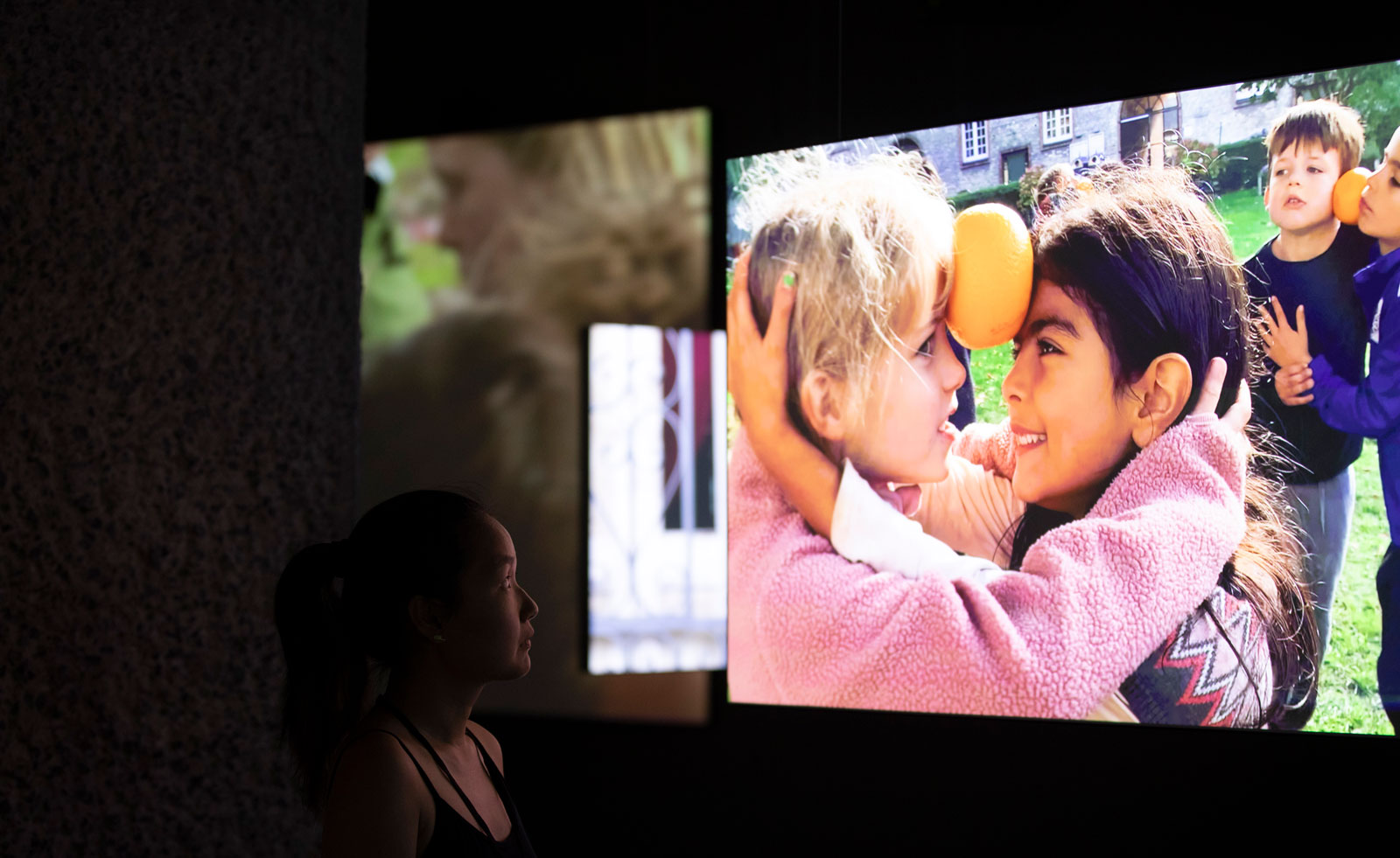
Francis Alÿs has been making thoughtful, surprising, poignant, conceptual works of art for four decades. He left his native Belgium for Mexico City in the early 1980s and since then his work has taken him around the world, making work in Morocco, Jerusalem, Wolfsburg Germany, Mosul and Cuba. His exhibition ‘Ricochets’ is currently showing at the Barbican in London and explores a long-running project made alongside his other work, a documentation of children playing in 15 countries around the world.
Alÿs left his career as an architect to become an artist when he left Belgium, and went on to become a much-loved and storied member of the artistic community, representing both Iraq and Belgium at the Venice Biennale. His film, painting and drawing practice is both highly conceptual – he has worked with performance, as well as directing others to perform.
Alÿs first filmed children playing games in 1999 and has referred to the films as footnotes that run throughout his practice. Over the last 20 years, he and his collaborator Rafael Ortega have made these films, but it started off as a solo practice and was almost a grounding ritual when the artist arrived in a new place.
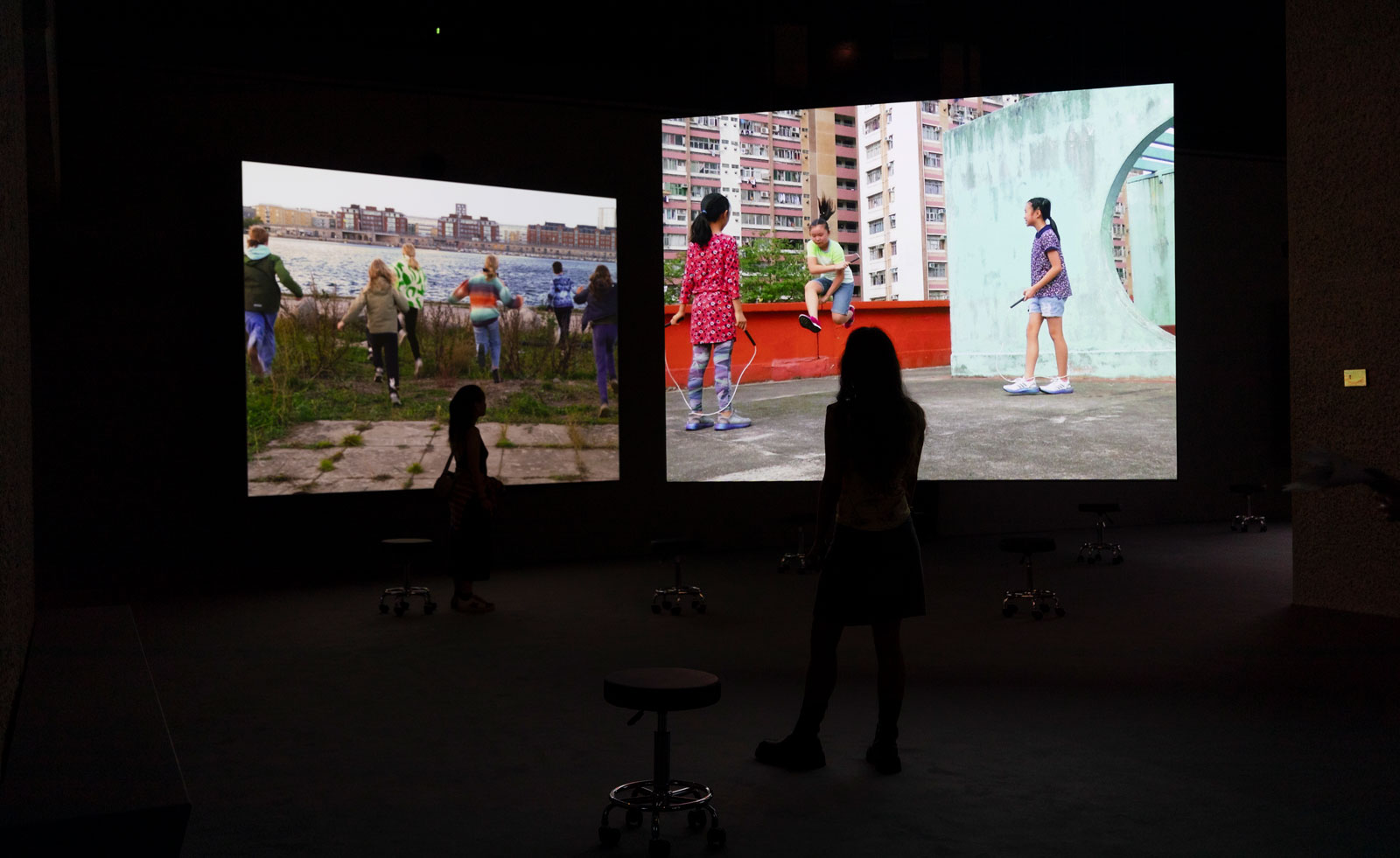
‘Francis Alÿs: Ricochets’, installation view, Barbican Art Gallery, 27 June – 1 September 2024
There are rules to the project. The children have to be playing independently and preferably without props, permission is gained and when possible the final films are shown to the children who have participated in the project.
‘It started in a completely casual way of me just seeing a correspondence in between projects I was working on and situations of children playing in the street,’ Alÿs explains. ‘In particular, I was working in 1999 on the project of the red Beetle car going up and down a hill and so I came across this kid kicking a bottle, up and down a hill in the suburbs of Mexico City, and it was obvious.’ He also recalls seeing children skimming stones across the water while working on the image of a bridge between the African and European shores of the Gibraltar Strait.
‘Later on, it became a way of making contact and whenever I would arrive somewhere, the discussion would be where are the kids playing, in a public space, and going to film them was a very immediate way of understanding local cultural codes; what I can film, what I cannot film, how do people react to my presence, are kids willing to engage? Even if I was to work with adults in that particular context,’ he elaborates, ‘it would give me so many immediate responses about where I was standing. That went on for several years, wherever we went, we started by doing that, largely to sort of break the ice.’
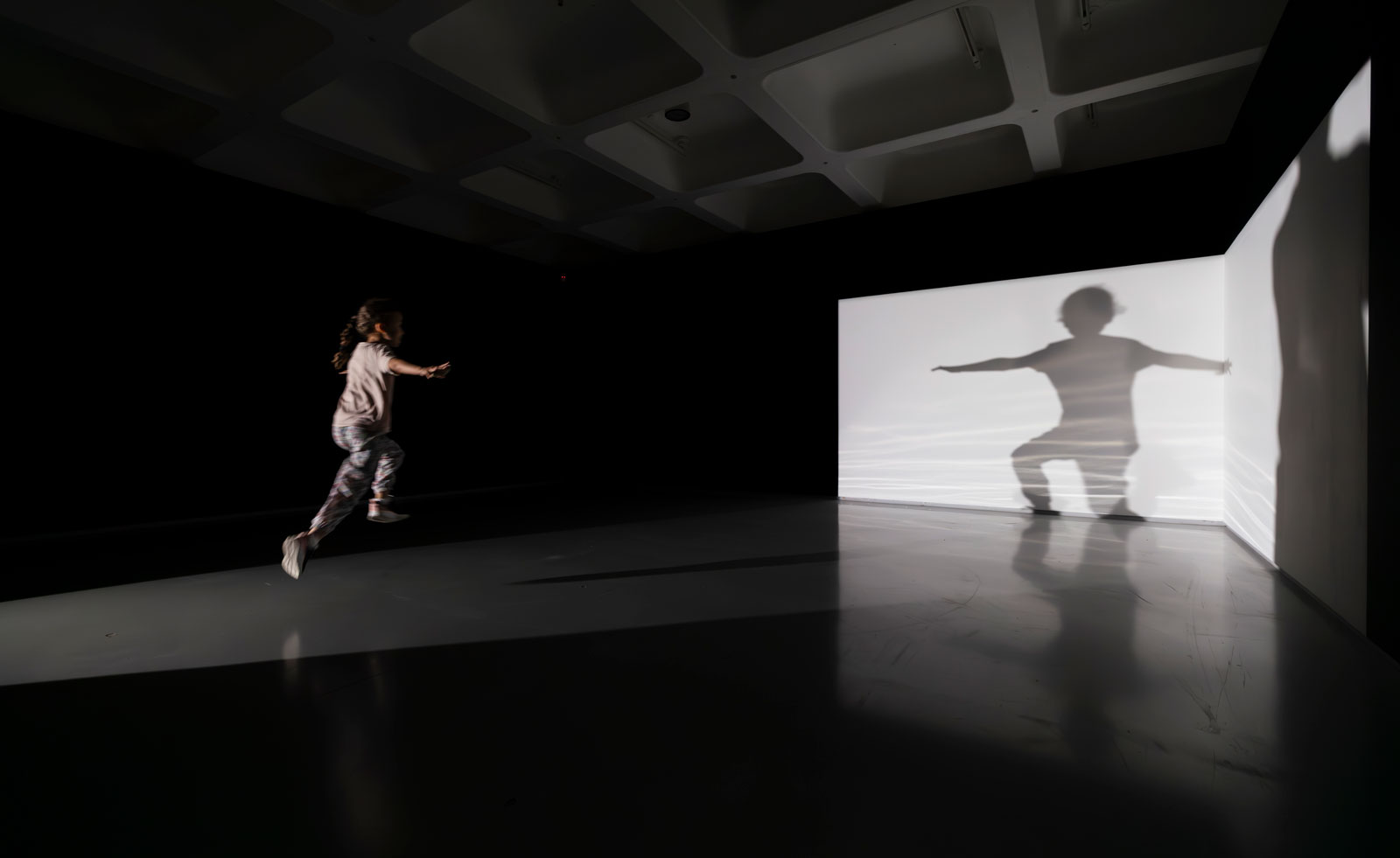
‘Francis Alÿs: Ricochets’, installation view, Barbican Art Gallery, 27 June – 1 September 2024
‘Ricochets’ sees the films playing in one central room, punctuated by small paintings from the places where the games from Stick and Wheels to Piedra, Papel o Tijera (Rock, Paper and Scissors) were filmed. Small vignettes of adult or daily life, or landscapes punctuate the space, providing intended ‘pauses’ where one can reflect on the films.
Wallpaper* Newsletter
Receive our daily digest of inspiration, escapism and design stories from around the world direct to your inbox.
We see kids playing hopscotch in Sharya Refugee Camp, flying kites in Bakh in Afghanistan, sandcastles in rural Belgium and musical chairs in Mexico. The sounds of concentration and joy with the footage of the children entirely focused on play fill the exhibition. Their voices are raucous and the room is dark.
Alÿs’ art has taken him to some places where children might struggle to play freely, from a Yazidi refugee camp in Northern Iraq in 2016 to Ukraine in 2023, where he documented children playing ‘checkpoints’ and ‘sirens’.
‘It's a way for kids to integrate the reality of the war into their daily life and turn the quite dramatic circumstances into something in between playful and fictional. When you are in a war, in the middle of it, the first feeling is that this is insane, how possibly can humans do this to one another? Imagine, a child within that has to find a response.’
Related article
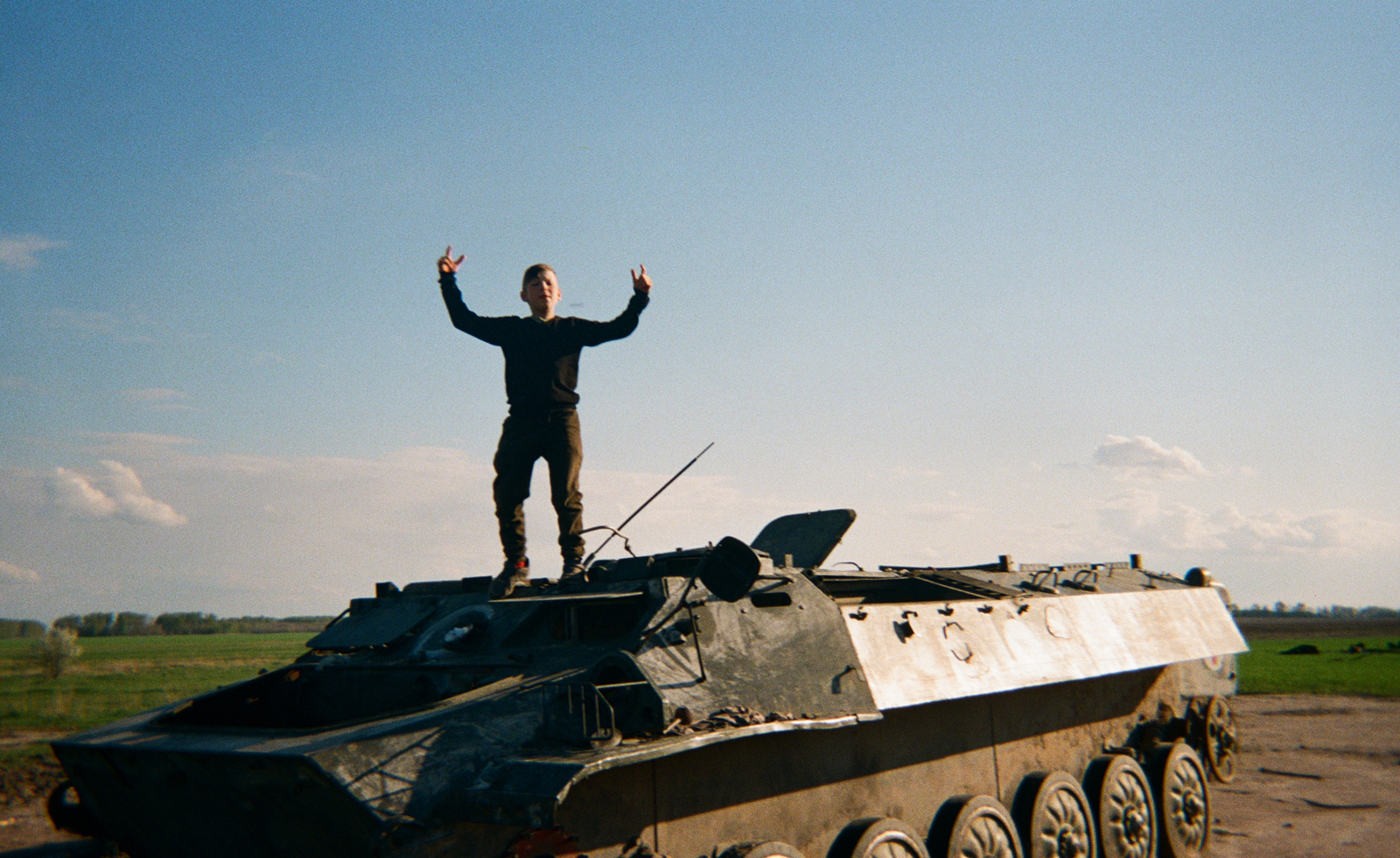
Alÿs, a parent to small children, travels less than he did and long term he sees Children’s Games continuing through another artist or filmmaker documenting more games and more places, highlighting the need for public spaces where children can play and combatting their disappearance.
‘If I compare it to the span of my career, personal history and earlier works where I was the protagonist, I then passed it onto the children and it has reached a stage where I'm ready to pass it on to somebody else. That would be wonderful, that would be the best possible scenario.’
The open nature of the exhibition, unguided and without didactic texts, echoes the work itself, which raises questions rather than offers answers. The films show us something about each location but more about what connects us, with the universality of some of the games being cause for reflection on how much we share culturally the world over. The animations and paintings allow us to process these enormous issues, which however delicately put, require thought.
‘Francis Alÿs: Ricochets’ is at the Barbican Art Gallery until 1 September 2024
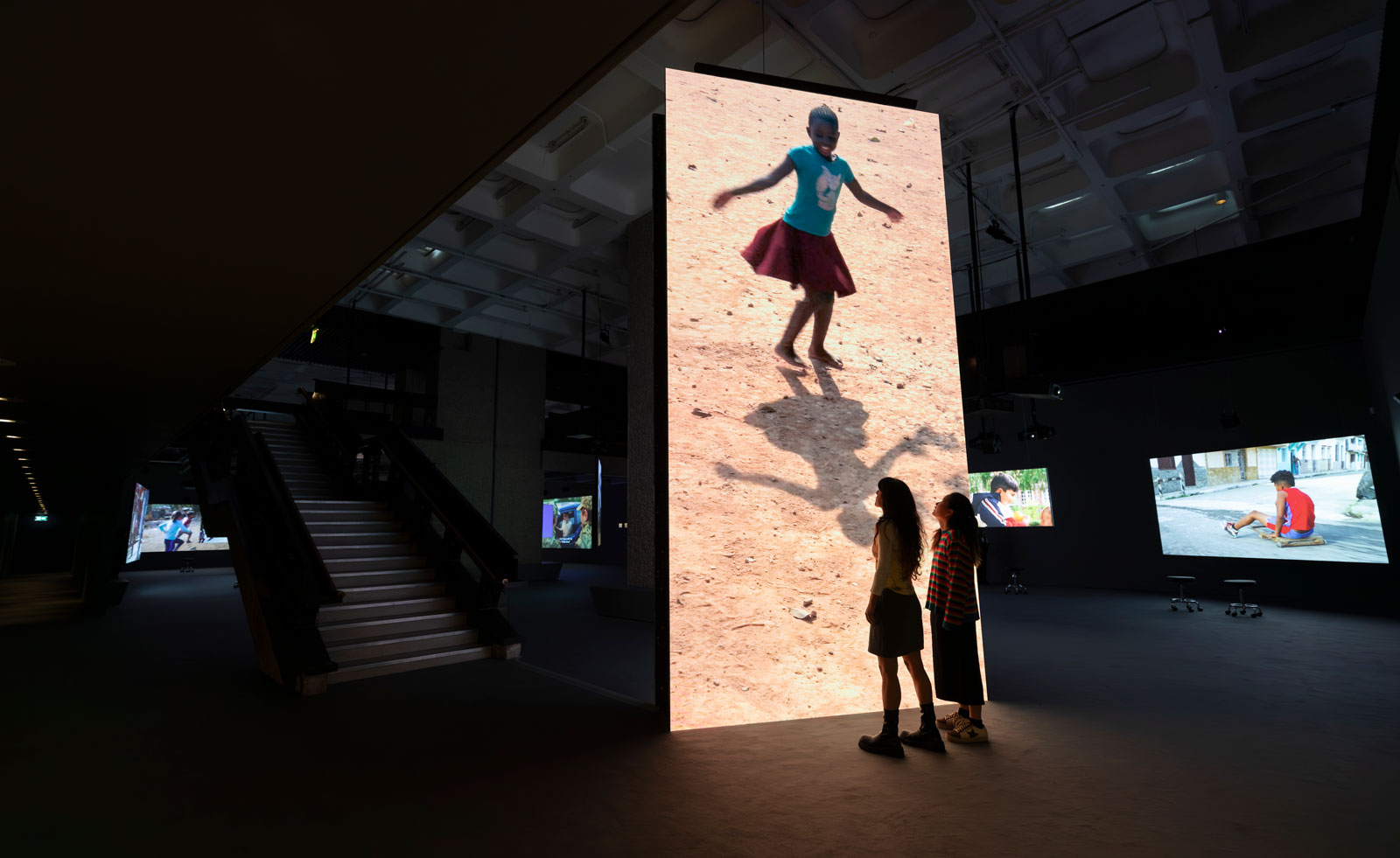
Francis Alÿs: Ricochets, installation view, Barbican Art Gallery, 27 June – 1 September
2024
Amah-Rose Abrams is a British writer, editor and broadcaster covering arts and culture based in London. In her decade plus career she has covered and broken arts stories all over the world and has interviewed artists including Marina Abramovic, Nan Goldin, Ai Weiwei, Lubaina Himid and Herzog & de Meuron. She has also worked in content strategy and production.
-
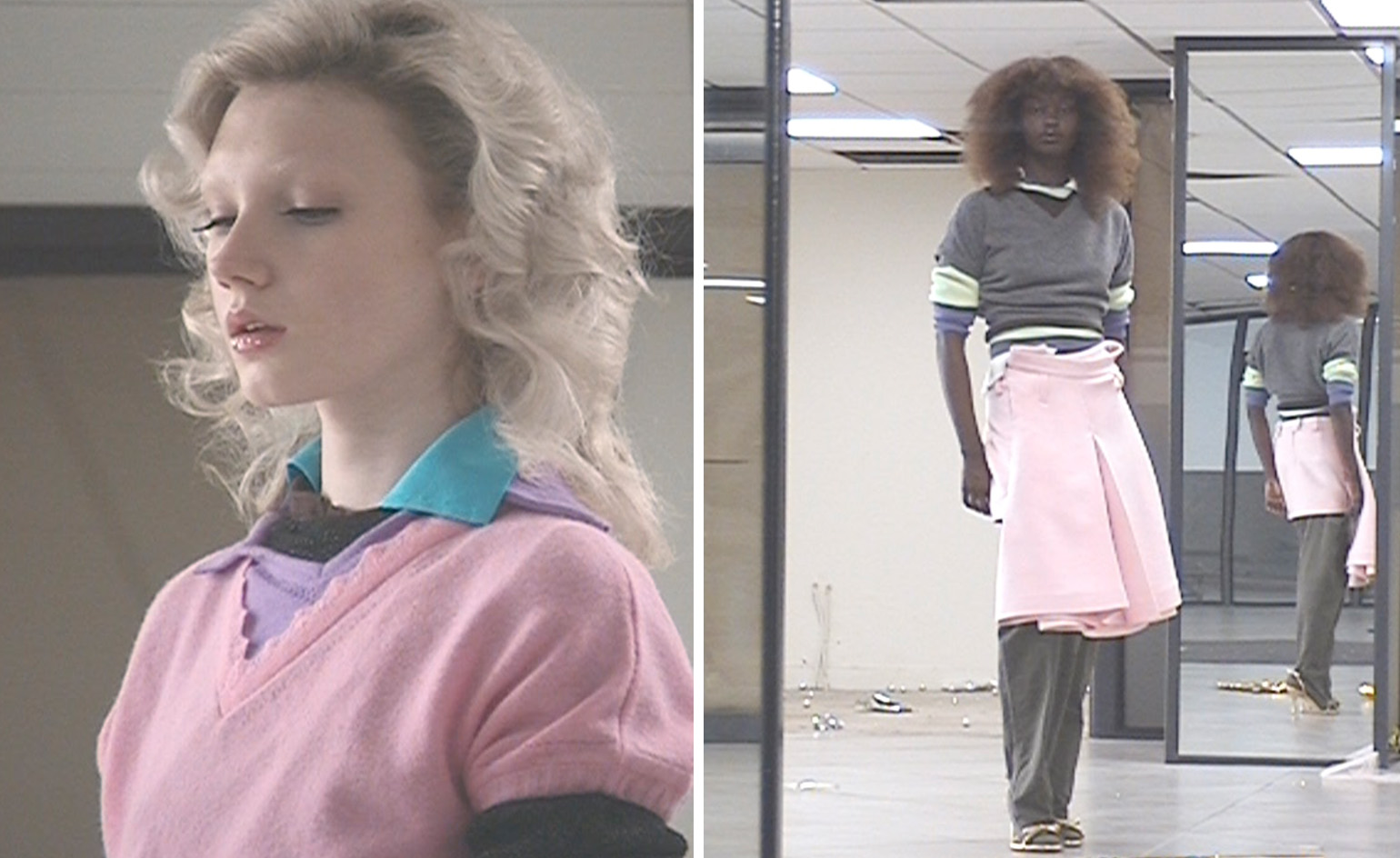 All-In is the Paris-based label making full-force fashion for main character dressing
All-In is the Paris-based label making full-force fashion for main character dressingPart of our monthly Uprising series, Wallpaper* meets Benjamin Barron and Bror August Vestbø of All-In, the LVMH Prize-nominated label which bases its collections on a riotous cast of characters – real and imagined
By Orla Brennan
-
 Maserati joins forces with Giorgetti for a turbo-charged relationship
Maserati joins forces with Giorgetti for a turbo-charged relationshipAnnouncing their marriage during Milan Design Week, the brands unveiled a collection, a car and a long term commitment
By Hugo Macdonald
-
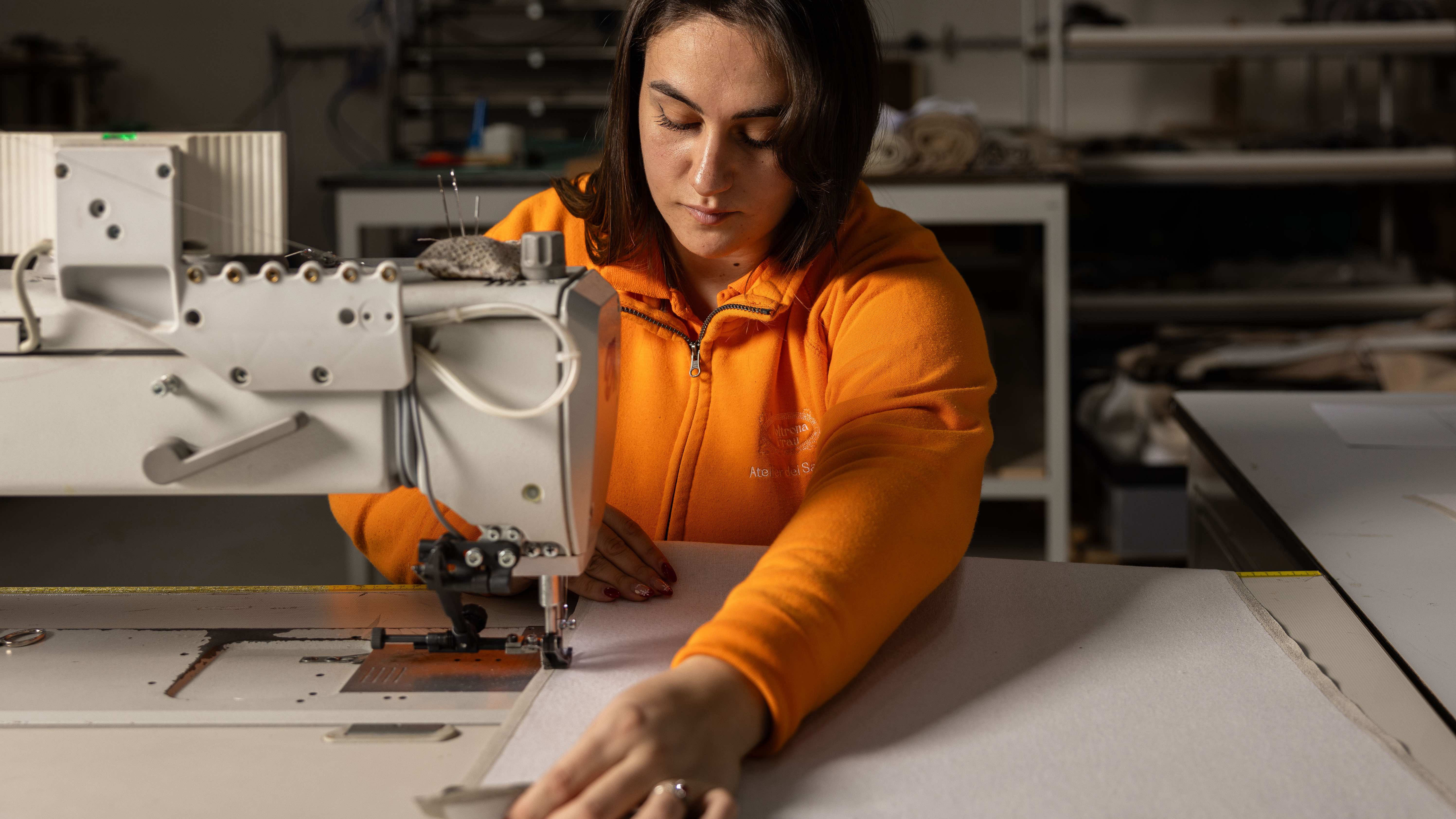 Through an innovative new training program, Poltrona Frau aims to safeguard Italian craft
Through an innovative new training program, Poltrona Frau aims to safeguard Italian craftThe heritage furniture manufacturer is training a new generation of leather artisans
By Cristina Kiran Piotti
-
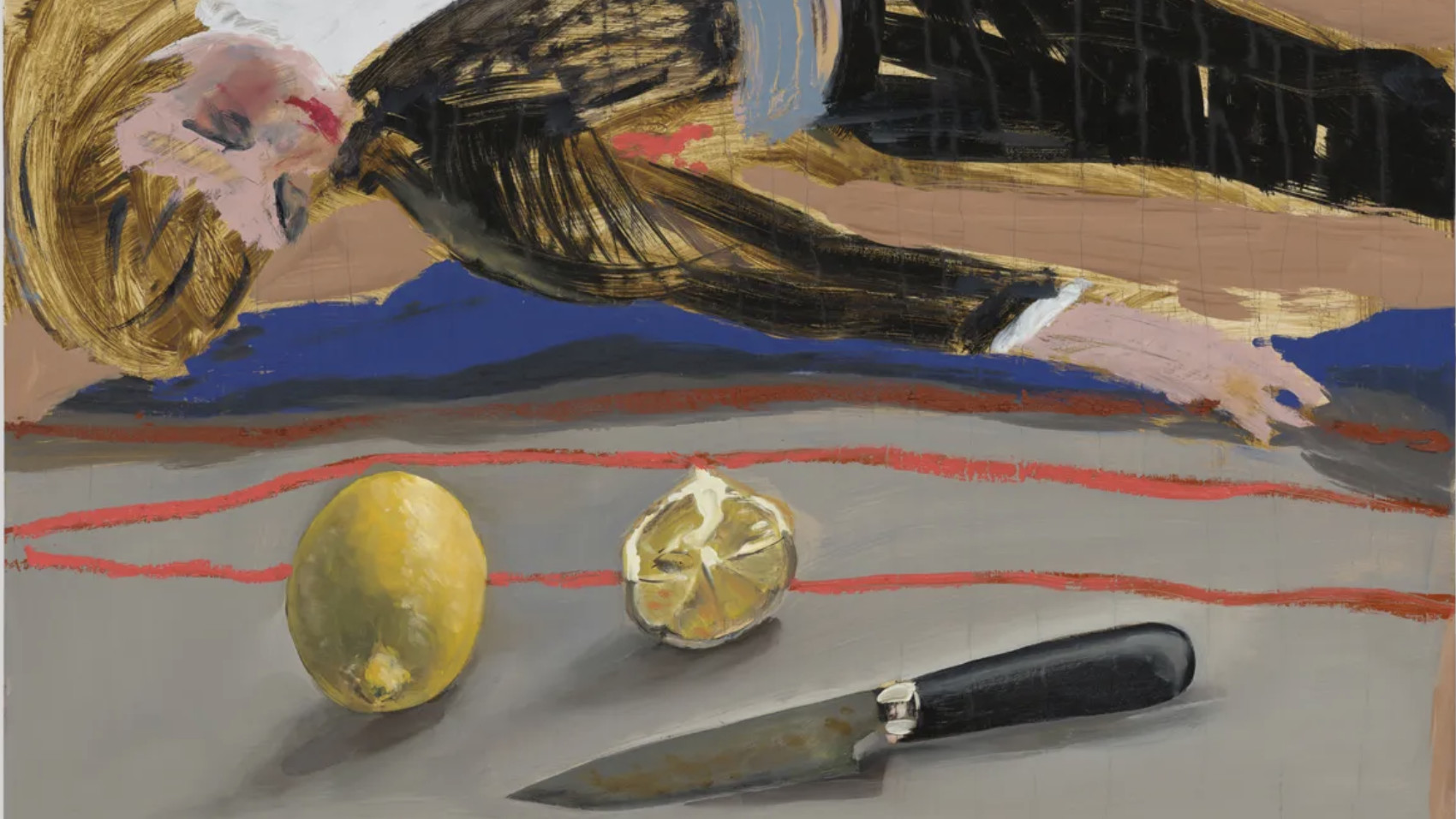 ‘Humour is foundational’: artist Ella Kruglyanskaya on painting as a ‘highly questionable’ pursuit
‘Humour is foundational’: artist Ella Kruglyanskaya on painting as a ‘highly questionable’ pursuitElla Kruglyanskaya’s exhibition, ‘Shadows’ at Thomas Dane Gallery, is the first in a series of three this year, with openings in Basel and New York to follow
By Hannah Silver
-
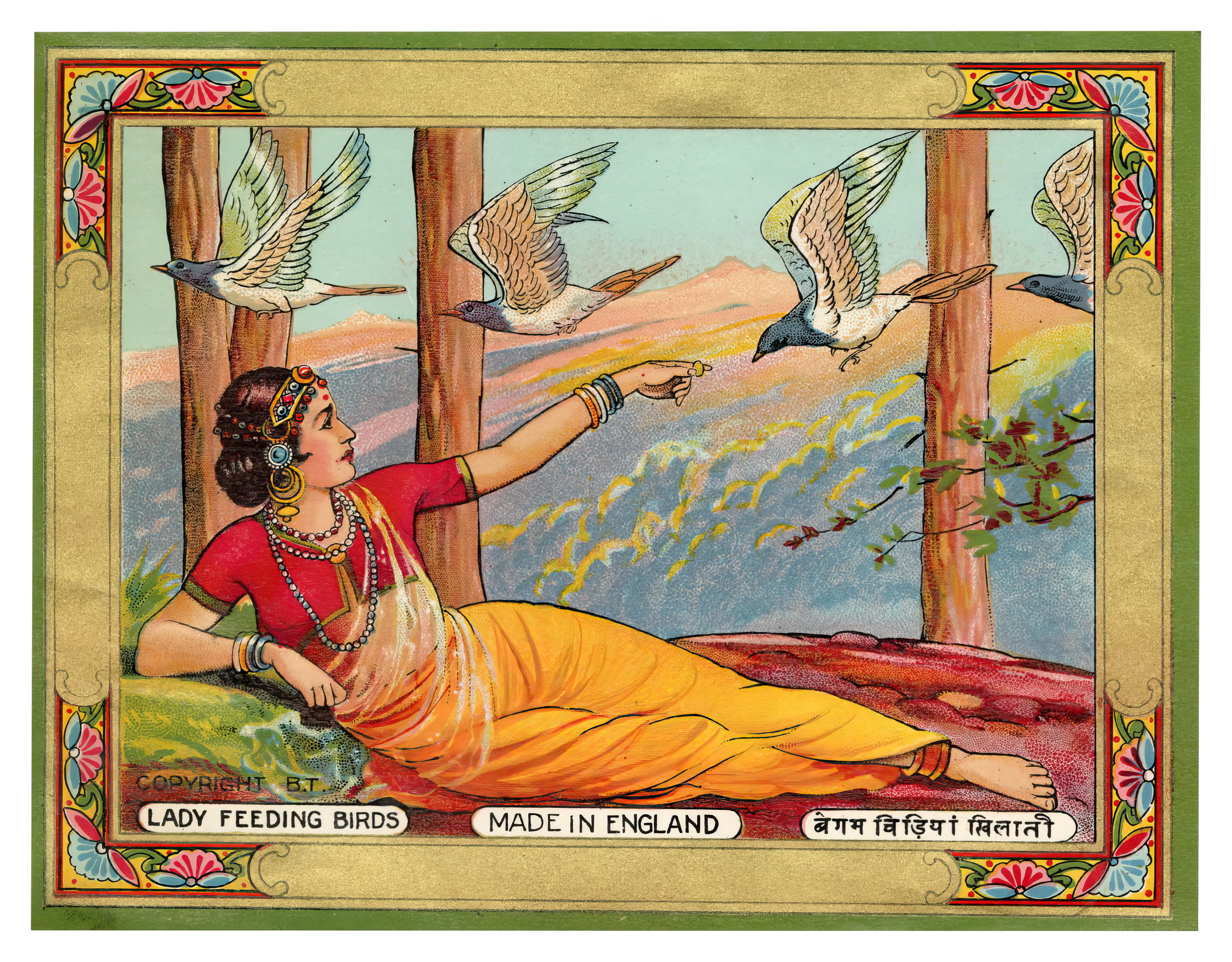 The art of the textile label: how British mill-made cloth sold itself to Indian buyers
The art of the textile label: how British mill-made cloth sold itself to Indian buyersAn exhibition of Indo-British textile labels at the Museum of Art & Photography (MAP) in Bengaluru is a journey through colonial desire and the design of mass persuasion
By Aastha D
-
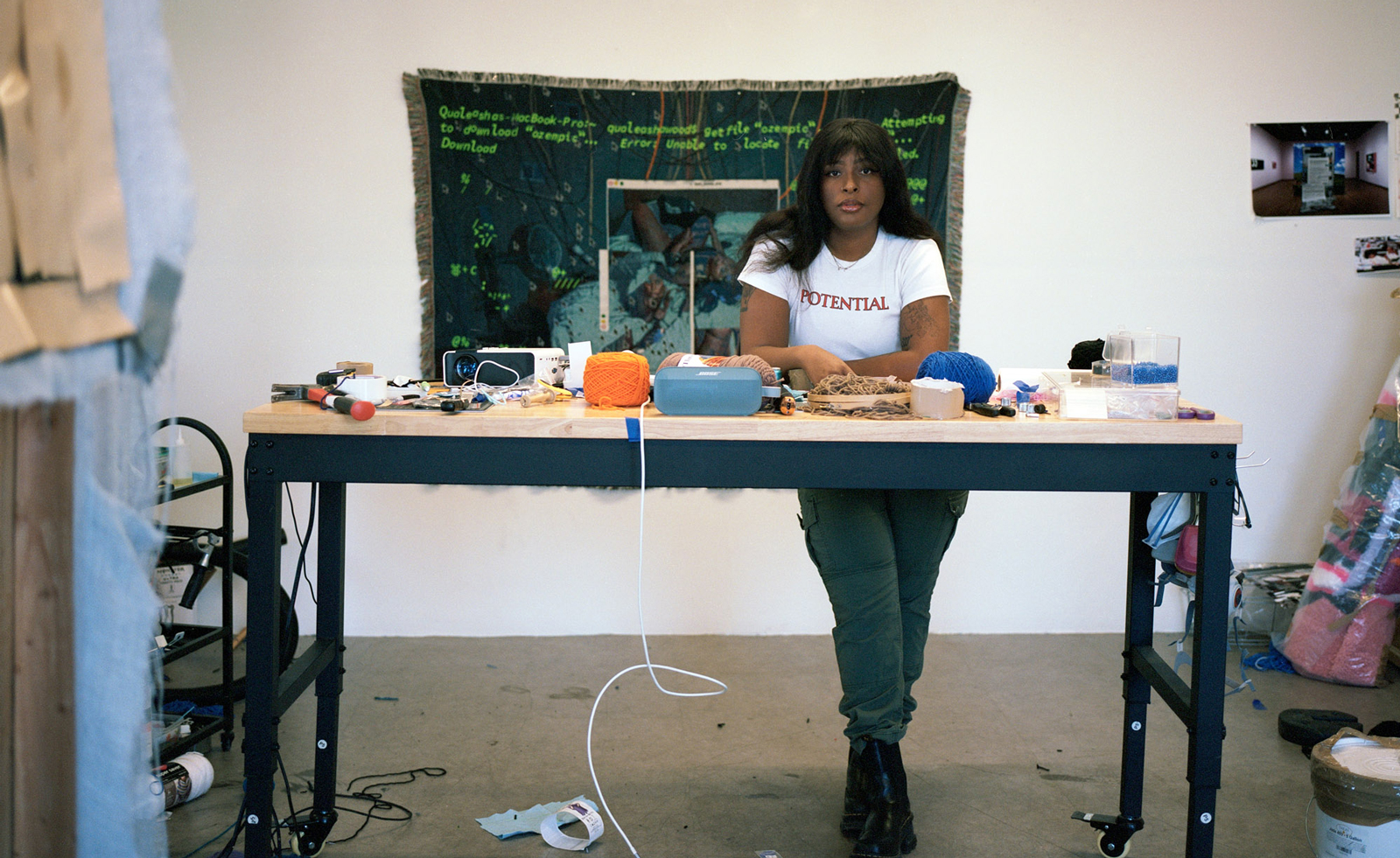 Artist Qualeasha Wood explores the digital glitch to weave stories of the Black female experience
Artist Qualeasha Wood explores the digital glitch to weave stories of the Black female experienceIn ‘Malware’, her new London exhibition at Pippy Houldsworth Gallery, the American artist’s tapestries, tuftings and videos delve into the world of internet malfunction
By Hannah Silver
-
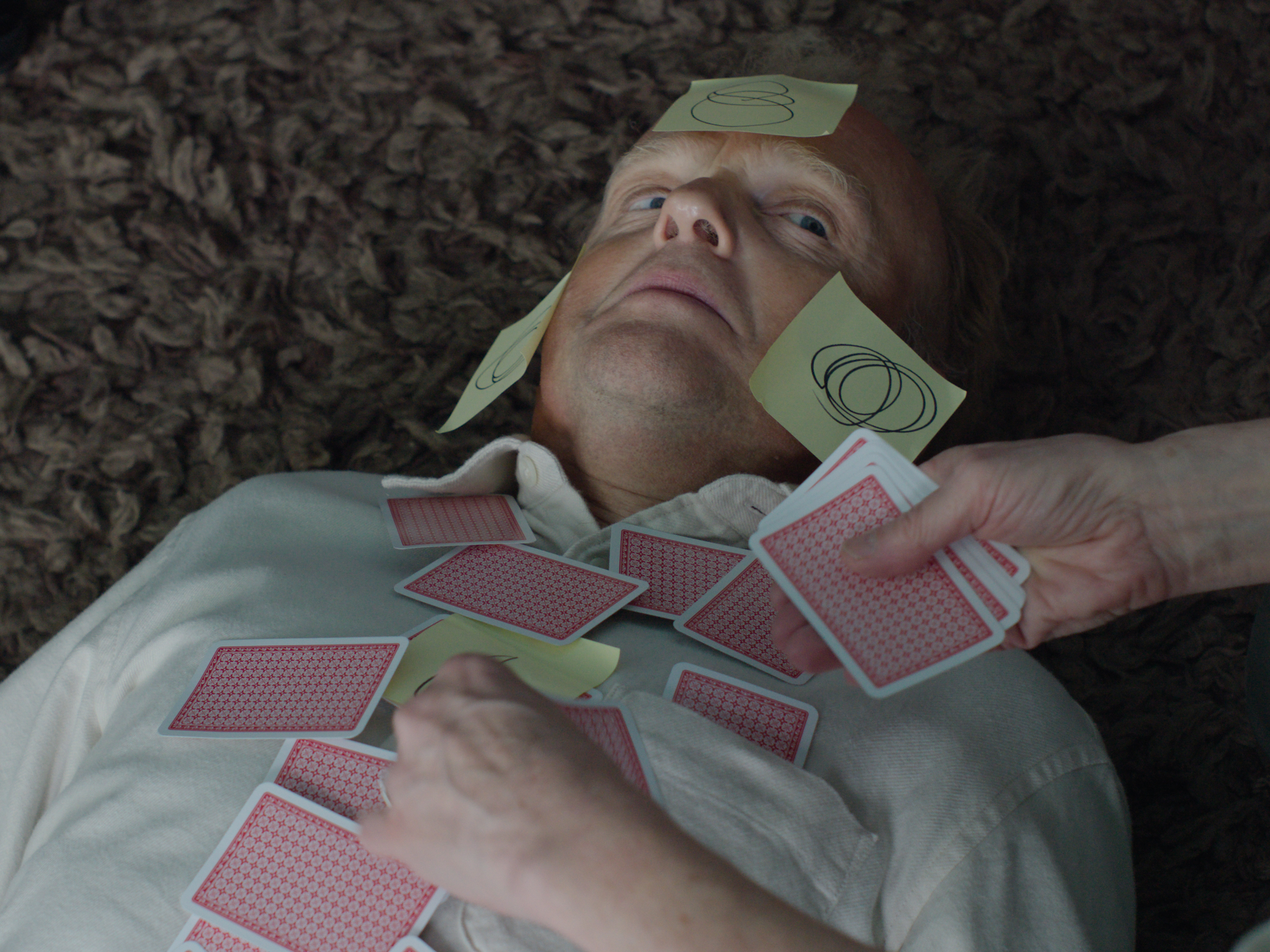 Ed Atkins confronts death at Tate Britain
Ed Atkins confronts death at Tate BritainIn his new London exhibition, the artist prods at the limits of existence through digital and physical works, including a film starring Toby Jones
By Emily Steer
-
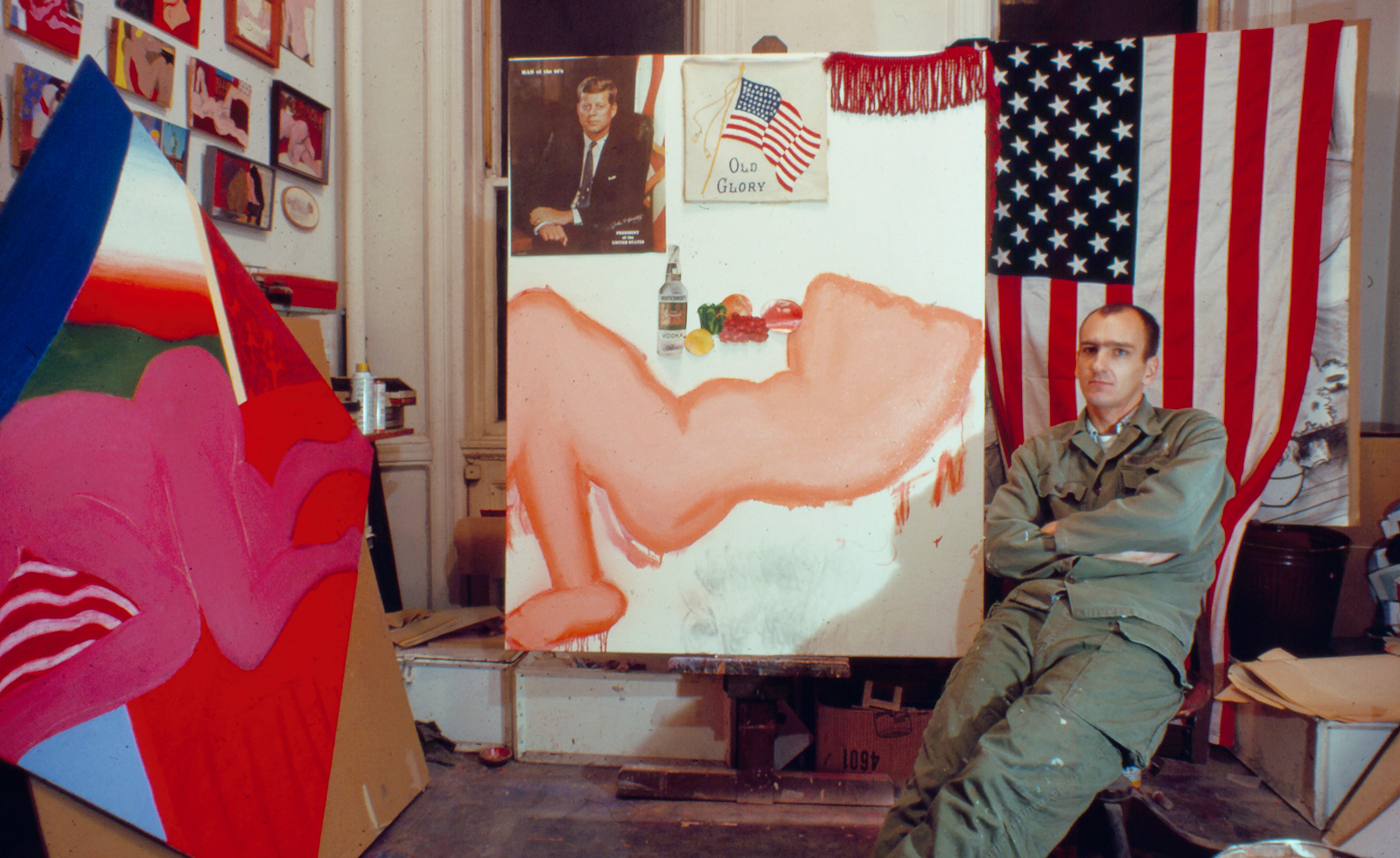 Tom Wesselmann’s 'Up Close' and the anatomy of desire
Tom Wesselmann’s 'Up Close' and the anatomy of desireIn a new exhibition currently on show at Almine Rech in London, Tom Wesselmann challenges the limits of figurative painting
By Sam Moore
-
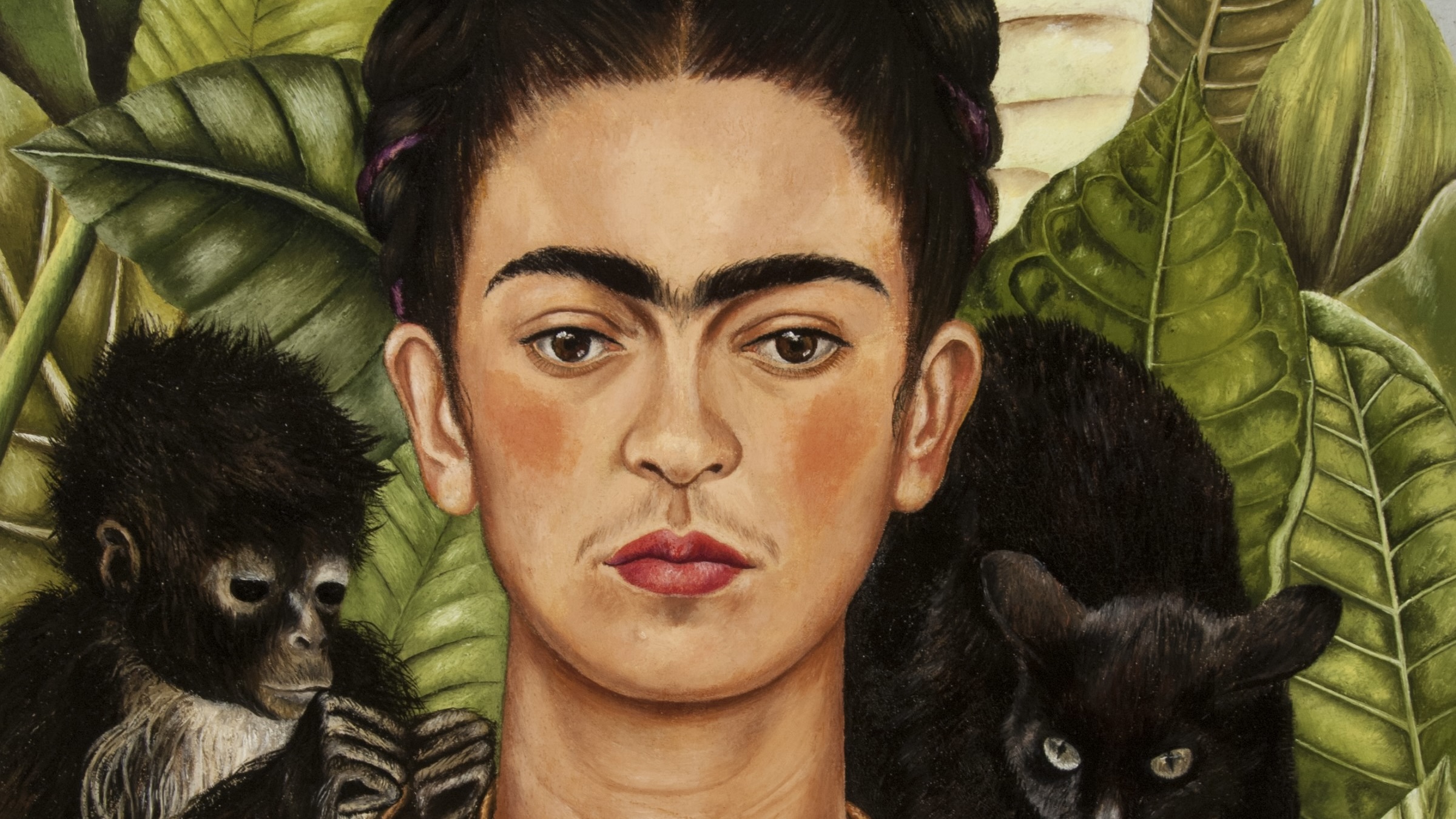 A major Frida Kahlo exhibition is coming to the Tate Modern next year
A major Frida Kahlo exhibition is coming to the Tate Modern next yearTate’s 2026 programme includes 'Frida: The Making of an Icon', which will trace the professional and personal life of countercultural figurehead Frida Kahlo
By Anna Solomon
-
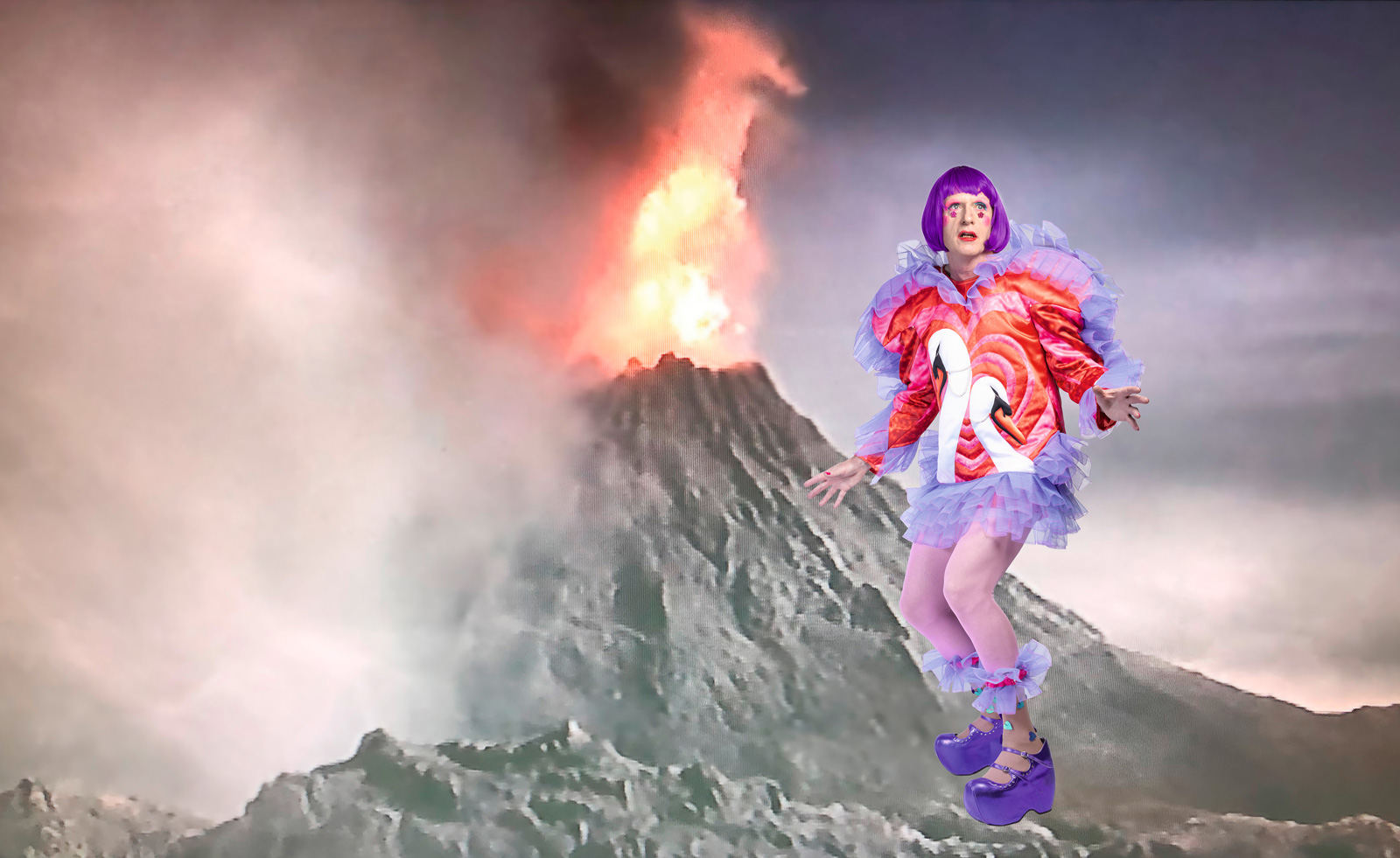 A portrait of the artist: Sotheby’s puts Grayson Perry in the spotlight
A portrait of the artist: Sotheby’s puts Grayson Perry in the spotlightFor more than a decade, photographer Richard Ansett has made Grayson Perry his muse. Now Sotheby’s is staging a selling exhibition of their work
By Hannah Silver
-
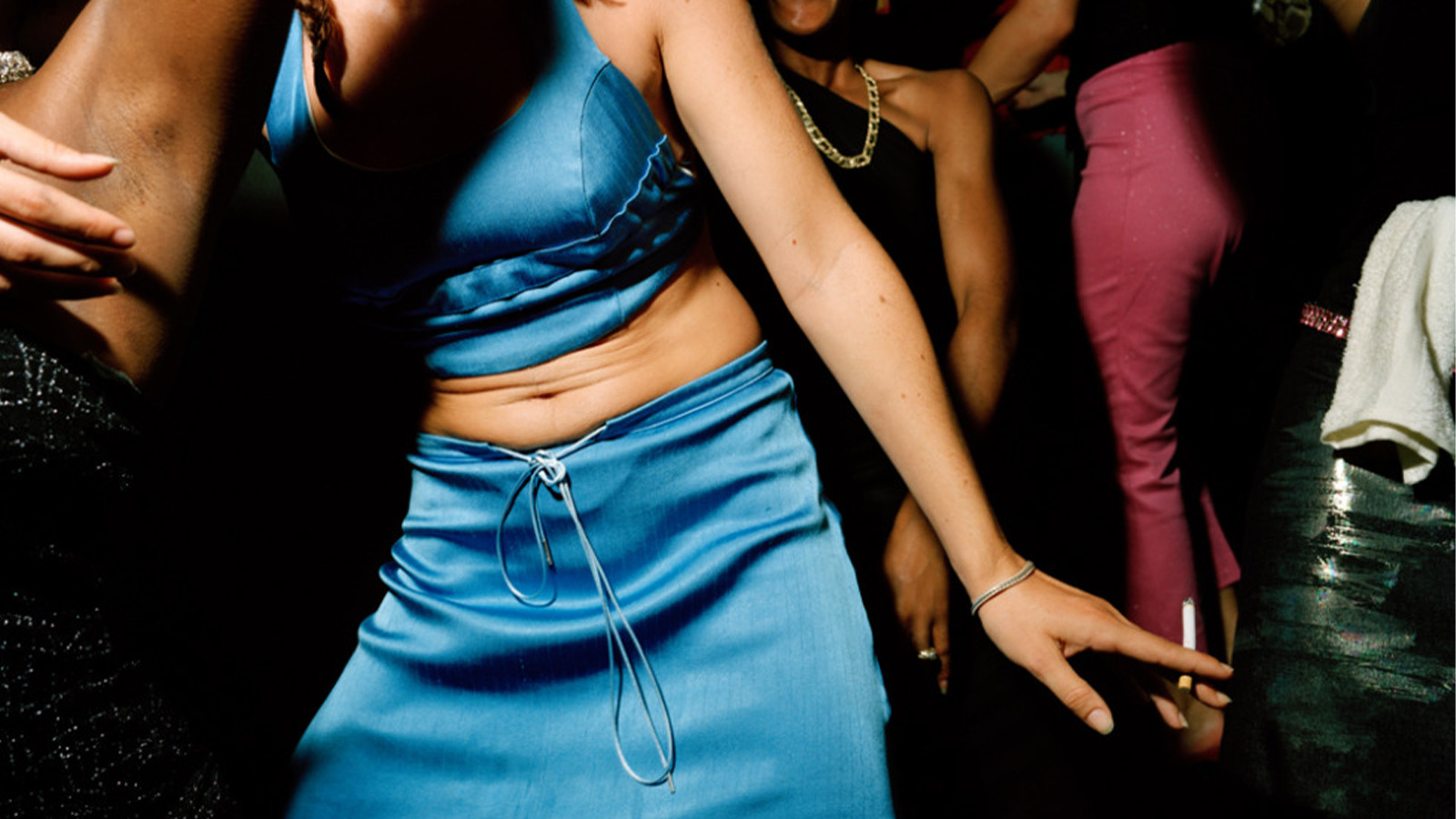 From counter-culture to Northern Soul, these photos chart an intimate history of working-class Britain
From counter-culture to Northern Soul, these photos chart an intimate history of working-class Britain‘After the End of History: British Working Class Photography 1989 – 2024’ is at Edinburgh gallery Stills
By Tianna Williams